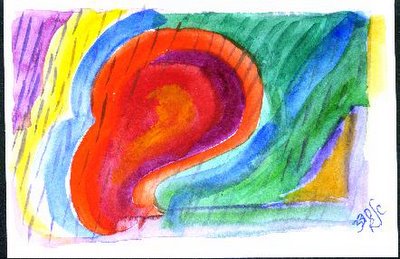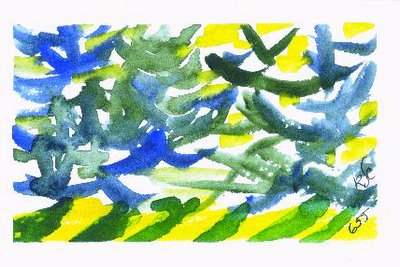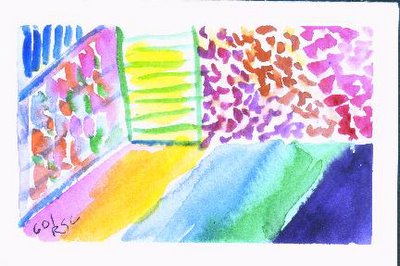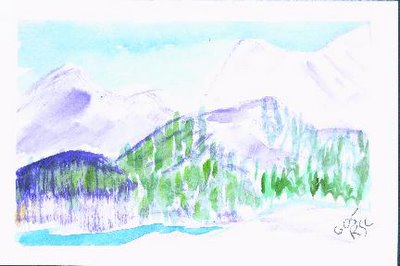
by Jackie Langetieg
Letter To My DaughterWe never had the chance to know
the secrets of each other—how I learned to braid,
first with your great, great grandmother’s
silk stockings, crossing one over the other and then,
her unbound white hair—alive in my hands.
Would you have remembered
my touch on your cheek, breathing in your newness
kissing the soft fuzz on your head? When you became a teen,
I would have helped you add an outrageous color
to your blondness—would you have chosen magenta
like the young woman at work—to match her motorcycle? I chose
green food coloring on St. Patrick’s Day when I was fifteen, and
I would have told you
how I put a henna rinse in your grandmother’s hair,
the label promising to take away the gray. How it went orange
and we washed it again and again until she gave up
and covered the pale melon shade with a babushka, and
when you were older, you could have helped me comfort her
when chemo thinned her thick white hair.
And daughter
I would welcome your strength now, in my sixties,
lost in remembering what keeps and what fades. Still,
I feel some part of you here when I am waking or drifting into sleep—
the woman who stands on my shoulders and the shoulders
of all the women in our clan—that soul
who tried to find me when I was twenty, your nest
left in the pink disappearing water.
-Previously published in Wisconsin Academy Review, Summer 2003











